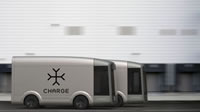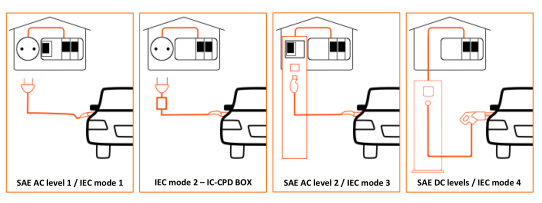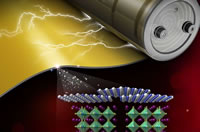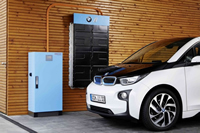POWER2DRIVE: THE FUTURE OF MOBILITY HAS A NEW PLATFORM
ELECTRIC VEHICLES TO ACCELERATE TO 54% OF NEW CAR SALES BY 2040
New Nissan Electric Caf� Opens in Paris as the Brand Celebrates Three Billion EV Kilometres Worldwide
Electric motors for electric vehicles: $400 billion confusion
IHS Markit: Electric Vehicles Expected to Account for 15 to 35 Percent of World's Vehicle Sales in 2040
Solar Power Meets Electric Vehicle Atop a VW Microbus
Self-drive delivery van can be 'built in four hours'
Green Tech Investing on the Rise: $17 Million and Another $1 Million on the Way
Solutions for E-Mobility Demands
Electric Vehicles: Next Comes the Melodrama
Silicon Valley and New York State bet on non-flammable electric vehicle battery company
'Ideal' energy storage material for electric vehicles developed
Romeo Power launches a brighter energy future
BMW electric-car batteries to be used as home energy-storage devices
Is Tesla Entering a New Frontier?
Records 31 to 45 of 48
First | Previous | Next | Last
Featured Product








